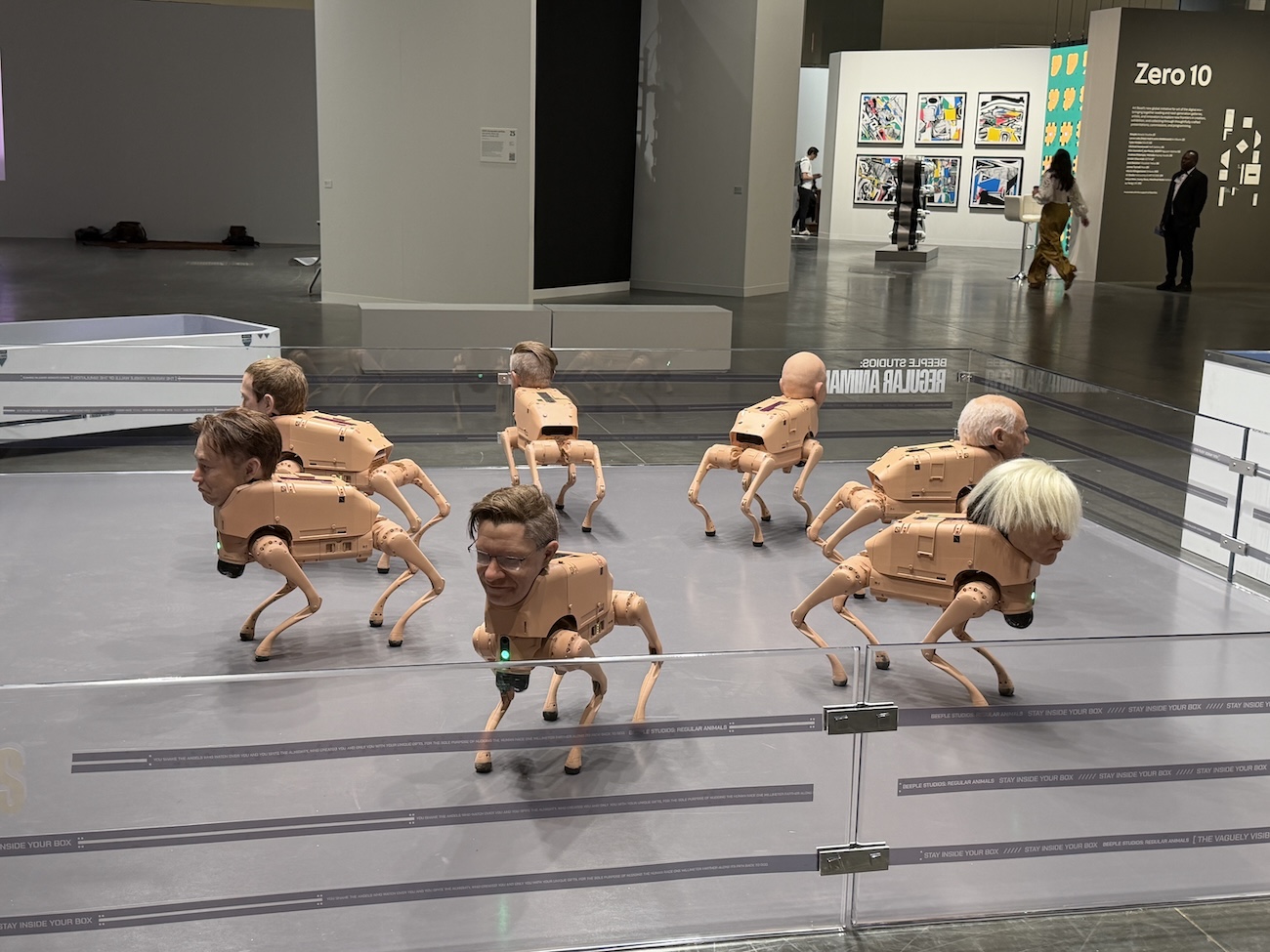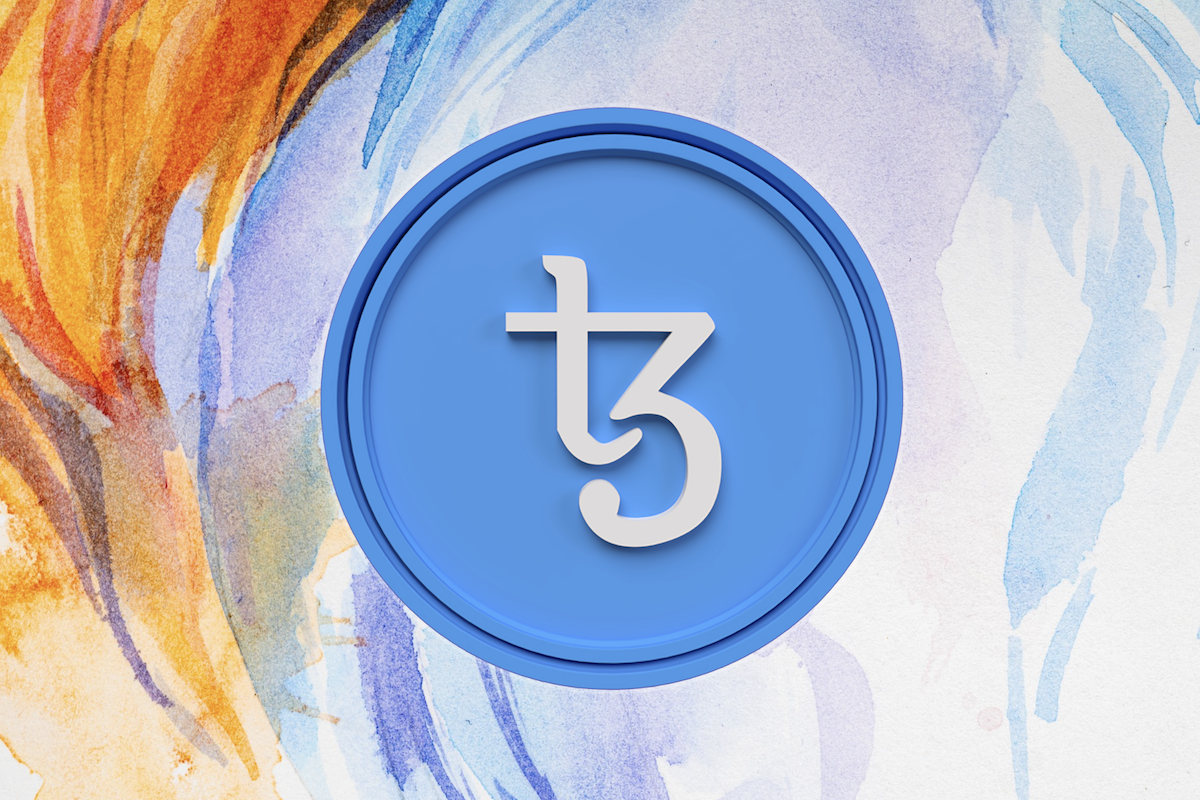NFT Artists Take Stand: Artists Sue SEC Over NFT Regulation
Digital artists challenge the SEC's classification of NFTs as securities. Learn about the lawsuit shaping the future of NFT regulation and artistic freedom.

The non-fungible tokens (NFTs) space is witnessing a pivotal moment as a group of digital artists has filed a lawsuit against the U.S. Securities and Exchange Commission (SEC). The lawsuit challenges the SEC’s decision to classify NFTs as securities, arguing that this stance imposes undue restrictions on artistic freedom and creates unnecessary obstacles for digital artists. This legal battle could shape the future of NFT regulation and the broader art market, raising crucial questions about creativity, expression, and the ongoing debate on how to categorize digital art assets.
The Lawsuit and Its Implications
The crux of the lawsuit lies in the SEC’s classification of NFTs as securities, a move that the plaintiffs argue stifles artistic expression. By applying the Howey Test—a legal standard used to determine whether a transaction qualifies as an investment contract—the SEC has effectively placed NFTs under the same regulatory umbrella as stocks and bonds. This broad interpretation, the artists claim, fails to recognize the unique nature of digital art assets and its role as a medium of human creativity.
The plaintiffs contend that NFT art should be protected by the First Amendment, which guarantees freedom of expression. They seek declaratory and injunctive relief to prevent the SEC from pursuing enforcement actions against NFT artists without a clear and fair regulatory framework. This lawsuit not only addresses the immediate concerns of digital artists but also sets the stage for a broader debate on the future of NFT regulation in the art market.
SEC’s Regulatory Approach, Securities Laws, and Precedents
Under the leadership of Gary Gensler, the SEC has taken a hardline stance on the regulation of digital assets, including NFTs. This approach has sparked controversy, particularly among digital artists who argue that it hampers innovation and creativity. The application of the Howey Test to NFTs has been a focal point of criticism, with many asserting that it is overly broad and restrictive.
The SEC's previous enforcement actions against NFT projects, such as those involving Impact Theory and the Stoner Cat Web Series, have further fueled concerns about the agency's authority in the art world. These cases highlight the ambiguity surrounding the SEC's regulatory reach and underscore the need for clearer guidelines.

The Rise of Digital Art Assets and NFTs
NFTs have revolutionized the art world, providing artists with new avenues for expression and monetization. Digital art sold as NFTs has fetched staggering prices at auctions, signaling a shift in how art is created, distributed, and valued. This rise of digital art has led to innovative business models and revenue streams for artists, reshaping the traditional art market. AI tools and generative AI systems has further increased the possibilities for digital art. Artists are now able to create intricate and unique pieces that push the boundaries of creativity.
Seeking Clarity and Resolution on a Sound and Lawful Footing
The lawsuit against the SEC aims to bring much-needed clarity to the regulatory landscape for NFTs and digital art. The plaintiffs argue that art is not merely an investment but a form of expression that deserves protection under the First Amendment. They seek to establish a legal framework that supports artistic innovation while providing clear rules for the burgeoning NFT market.
This case has attracted significant attention from the crypto community and beyond. Critics of the SEC's approach argue that its stringent regulations stifle innovation and hinder the growth of the digital art market. The lawsuit has also drawn the interest of politicians, including former President Donald Trump, who has publicly criticized the SEC's regulatory tactics.
Conclusion
The outcome of this lawsuit will have profound implications for the future of NFT regulation and the art market. A favorable ruling for the plaintiffs could pave the way for a more balanced and artist-friendly regulatory framework, while an unfavorable decision might reinforce the SEC's broad interpretation of securities laws. As the legal battle unfolds, the art world and the crypto community will be watching closely, hopeful for a resolution that fosters creativity and respects the unique nature of digital art.
Editor’s note: This article was written with the assistance of AI. Edited and fact-checked by Owen Skelton.



